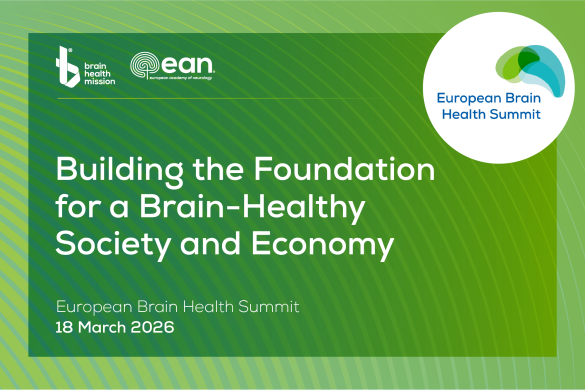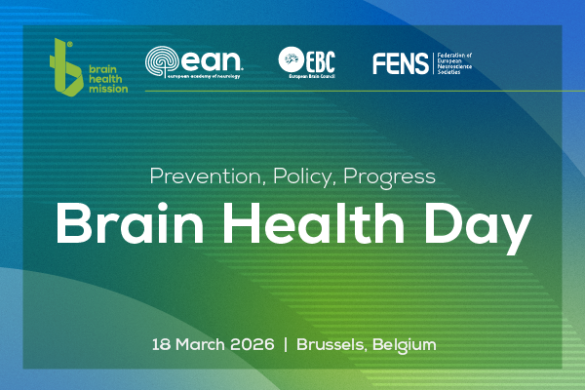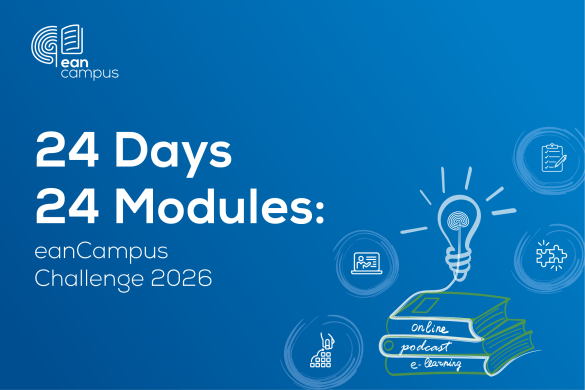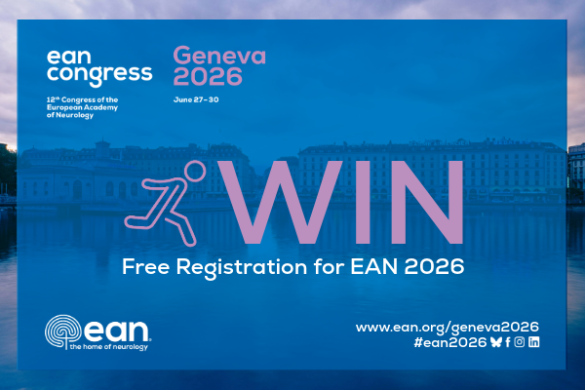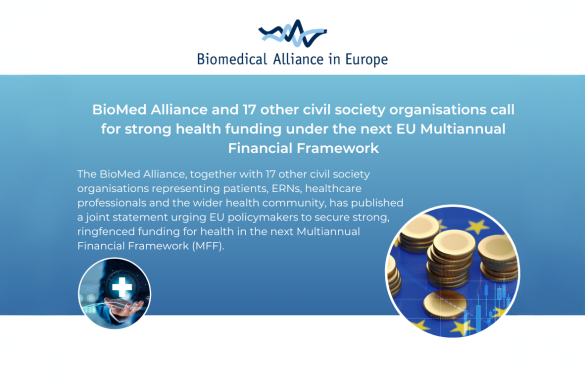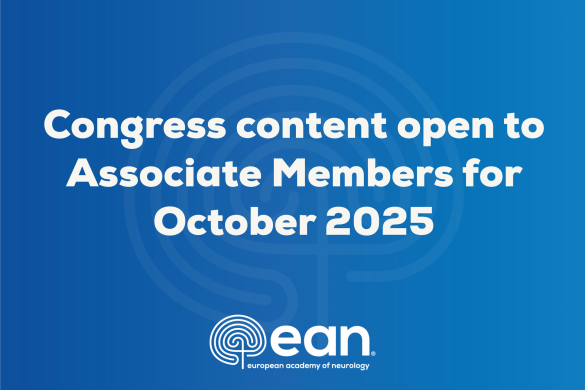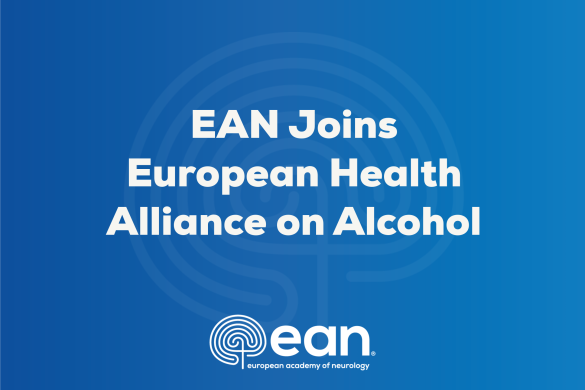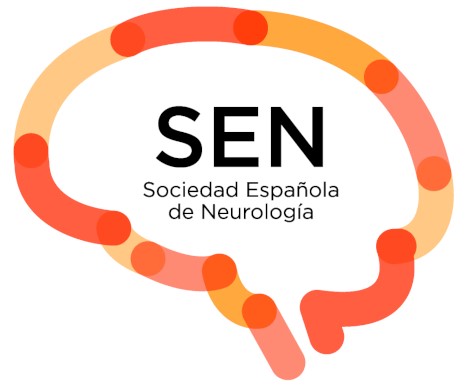
Covid-19: Experience from the Spanish Neurologists’ perspective
Since January 31st, Coronavirus has spread along all the Spanish territory; however, some regions are particularly compromised in terms of number of cases: Madrid, Catalonia, Basque Country and the two Castillian regions. The total number of confirmed cases is about to surpass Italy. We hope to be reaching the plateau of the curve, after all the implemented social distancing measures.
Covid-19 is a new agent and we do not know much about it yet. The first case series from China described that around a third of the cases exhibited some neurological symptom. The Spanish Society of Neurology (SSN) created a nationwide registry of Covid-19 cases with neurological manifestations, circulating information about the cases to all our members weekly. The main purpose of the registry is to let them know the different faces that the virus might adopt, and to learn from our colleagues’ experience. To date, 54 cases have been included, being the most frequent presentations encephalopathy (37%), or headache (24%). We will have to pay special attention to the possibility of long-term complications a be aware of it. We suggest other societies to create their own registry or even to create a European registry.
Another relevant initiative was the proposal of anosmia as a major symptom of Covid-19 infection. On March 21st, many patients consulted us because of sudden loss of smell, many of them associated with fever, malaise and headache. Afterwards, most of them were confirmed as positive Covid-19 cases. Therefore, we created a specific study and given the high frequency of anosmia, we proposed to our Ministry of Health to include it as an early symptom of the infection that should lead to the pertinent diagnostic measures.
We are very concerned about the neurological patients. They are not considered among the major risk populations; nevertheless, many neurological disorders might affect the ventilatory function or the employed treatments might associate immunosuppression or risk of interactions. The different Study Groups and Panels of the SSN created information data sheets for patients and clinicians, adapted to each condition and drug. We strongly encourage our European colleagues to anticipate this and to review the potential interactions of the drugs used for the Covid-19 treatment.
We have observed dramatical reduction of neurological emergency consults, including major disorders such as stroke, seizures or disorders of consciousness. It is important to assure the adequate attention and management of neurological symptoms and disorders. For this, the neurology ward should work as usually, and the population should be instructed in why and how them should consult because of neurological symptoms.
Regarding organization of neurological teams, despite the outpatient clinic activity is reduced, tele-work should be an option. Patients may have options to contact in case of need. If it exists the risk of contagion, the confinement of part of the team is also a reasonable idea. Depending on the number of cases, capability of Internal Medicine Departments might be exceeded, and the cooperation of other medical specialties can be requested. In Spain, many neurologists are currently facing the virus in the frontline. We advise our European colleagues to anticipate and to prepare themselves. There is a growing number of educational initiatives, including management of the infection, the employed drugs and the use of the ventilators. We are finishing a consensus on the management of the Covid-19 infection for neurologists and other clinicians and we prepared a specific webinar about the neurological complications of the disorder.
We tend our hand to our European colleagues; we will be glad to share our experience and support and we hope that together we will be capable to defeat the virus soon: Venceremos.
On behalf of the Spanish Society of Neurology Board,
| David García-Azorín | David Ezpeleta | Jose Miguel Láinez |
| SSN International Affairs Section | SSN Secretary | SSN President |
Madrid, April 4 2020





